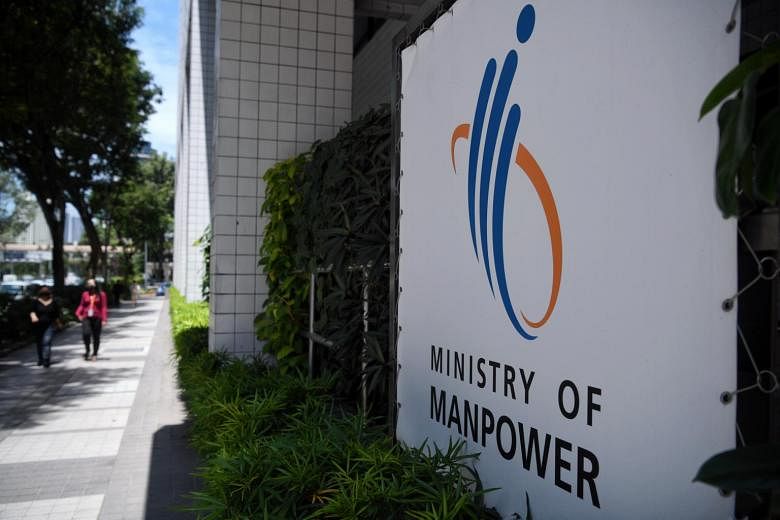SINGAPORE - From 2018 to 2020, 11 Employment Pass and S Pass holders working in the infocomm technology (ICT) industry had their work passes revoked for submitting fake qualifications.
All of them have been permanently barred from working in Singapore.
Disclosing the figure on Monday (Aug 2), Manpower Minister Tan See Leng said his ministry screens the qualifications submitted through its database of institutions when assessing applications for these foreign worker passes.
He was replying to Mr Gan Thiam Poh (Ang Mo Kio GRC) on the number of fabricated education qualifications for Employment Pass (EP) and S Pass holders in the past three years.
The minister said employers have the primary responsibility to ensure their candidates' qualifications are authentic when submitting work pass applications.
The Manpower Ministry (MOM) also conducts additional checks through its database, which it regularly reviews through open source reports and research from third-party screening organisations.
For applications with qualifications from institutions not in its database, MOM requires employers to submit proof from third-party screening organisations to ensure the qualifications submitted are accredited.
"We will reject applications containing fake or unaccredited qualifications," said Dr Tan.
The minister added that MOM uses a predictive fraud model to classify academic institutions according to different levels of risk.
For applications with the highest risk, employers have to submit verification proof from a third-party screening organisation.
The application is rejected if there is no verification proof that confirms an applicant's qualifications are genuine, Dr Tan said. There are different processes for applications deemed to be of lower risk, he added.
Workers' Party MP Leon Perera (Aljunied GRC) then asked, among other things, how the ministry classifies education institutions based on risk, and what assurances there are that lower-risk institutions may not also be subject to fake educational credentials.
Dr Tan assured the House that MOM has maintained its database over the years, which it compares with the databases from third-party verification agencies that it works closely with.
"We use a combination of data analytics, we screen them, and from that, we then ascertain a risk stratification strategy in which we match... all of these applications when they come to us through this database that we have," he said.
MOM also conducts independent checks with accredited universities from time to time to ensure that no qualifications are fabricated.
Dr Tan said this even includes Ivy League universities - referring to top schools in the United States.
"Obviously, we don't do this on 100 per cent of all applications that are submitted, but based on our predictive analytics, when we find that there is reason for us to have - and we do have a very high index of suspicion - we then activate this other route where we actually call them for independent checks," he said.


